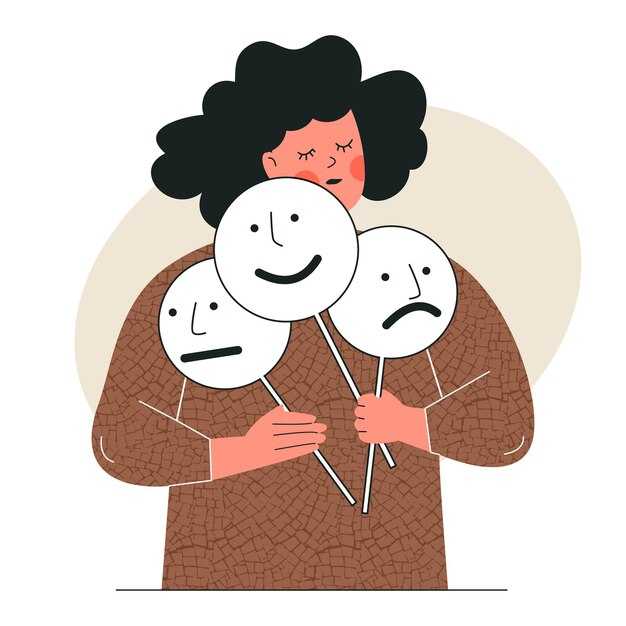This may be an unpopular view, but when your partner expresses worry about your drinking or the medications you’re taking, you owe it to them and to yourself to check whether that has become a real problem. That does not mean you must give up every drink forever, but if someone who loves you is telling you that your use is harming your relationship or affecting your children, it’s the moment to step back and stop for a time. If you find that you cannot or will not do that, then it has crossed into an issue. This is not meant to judge, shame, or label anyone — whatever you choose, the concern is about your physical, mental, and relational well‑being. Many people fail to see how substances can unknowingly betray a partner: they erode trust and a sense of safety and place enormous pressure on the other person. Too often we are too clouded to notice the harm we cause, or we are so wrapped in pride or shame that we never ask how our behavior has affected someone else’s life. One major reason we make excuses and become defensive is that these substances are being used to numb pain, anxiety, or stress, and imagining life without that numbness feels impossible. This needs to be treated seriously because these patterns destroy lives and relationships every day, and the hope is simply for healing for you and the people who care about you.
Signs that use may have become damaging to your relationship include: increasing secrecy or lying about use, frequent arguments that center on substance use, neglecting parenting or household responsibilities, financial strain caused by buying substances, risky behavior while intoxicated, failed attempts to cut down, emotional withdrawal from your partner, and using substances to cope with feelings you don’t want to feel. Children may show changes in behavior, sleep, or school performance long before adults fully acknowledge a problem. Recognizing these signs honestly is the first step toward change.

If a partner raises concerns, try to respond in ways that keep communication open rather than defensive. Listen without interrupting, ask for specific examples of when your behavior felt unsafe or hurtful, and avoid minimizing their experience. If you feel confronted, it’s okay to say you need time to process, but agree on a short, specific time to continue the conversation. A concrete response — such as taking a short break from drinking, seeking a medical checkup, or agreeing to couples counseling — demonstrates respect for both your partner and the relationship.
Practical steps you can take right away:
- Pause and monitor: keep a simple diary of when and how much you use and what triggers it.
- Limit access: remove alcohol from the home for a trial period or lock up prescription medications that aren’t being used correctly.
- Talk to a professional: primary care doctors, addiction specialists, and therapists can assess risks, advise on safer usage, and recommend treatment if needed.
- Consider structured support: outpatient therapy, detox programs, medication‑assisted treatment when appropriate, and peer support groups can all help.
- Create a safety plan: if you or your family are at risk when you use, agree on steps to keep people safe (e.g., not driving, having a sober person present, or temporary separation if necessary).
When medications are involved, never stop or alter prescribed drugs without consulting the prescribing clinician — some medications have dangerous withdrawal effects or interact badly with alcohol and other substances. If you or your partner notice confusion, slurred speech, breathing problems, seizures, or loss of consciousness, seek emergency medical help immediately.
Partners who are supporting someone with problematic use also need care. Setting clear boundaries, identifying and communicating limits, and following through with agreed consequences are important. Avoid “rescuing” behaviors that enable continued use (paying debts, covering for absences, or making excuses). Seek support for yourself through counseling, family therapy, or support groups for loved ones; you don’t have to carry this alone.
Recovery and repair are possible, but they usually require honest accountability, outside help, and consistent action over time. Small, sustained changes—like attending therapy, engaging in healthier coping strategies, rebuilding trust through transparency, and prioritizing safety—can restore relationships and improve wellbeing. If you or your partner are unsure where to begin, start with one concrete step today: make an appointment with a healthcare professional, commit to a short period of no use, or reach out to a counselor for guidance. Healing is a process, and asking for help is a sign of strength, not weakness.
Rebuilding Trust: Treatment, Accountability and Practical Steps Toward Repair

Arrange a medical assessment within 48–72 hours if withdrawal risk exists; contact your primary care clinician, an addiction specialist, or the nearest emergency department for triage and detox referral.
Use evidence-based treatment: for opioid use disorder, offer methadone, buprenorphine, or extended-release naltrexone under medical supervision; for alcohol use disorder, consider naltrexone, acamprosate, or disulfiram when clinically indicated. Pair medication with psychotherapy–cognitive behavioral therapy (CBT), motivational interviewing, contingency management–and add Behavioral Couples Therapy (BCT) when both partners can participate, since trials show better abstinence and relationship outcomes than individual treatment alone.
Create a written accountability agreement that lists specific behaviors, boundaries, measurable goals and clear consequences. Specify frequency of contact (therapist-facilitated weekly check-ins for 12 weeks), objective monitoring (clinic-scheduled urine or oral fluid tests, observed dosing or pill counts), and who will receive appointment summaries with signed consent.
Make concrete reparative actions: document repayment plans for money spent, replace or repair property if applicable, attend a minimum of one family session every two weeks for three months, and complete any court-ordered or clinic-prescribed tasks. Bring receipts or written confirmations to therapy to show follow-through rather than relying on verbal promises.
Write a one-page relapse prevention plan that lists high-risk triggers (specific people, places, times, feelings), immediate coping strategies (5–10 minute grounding exercises, contact list with three names and numbers, safe places to go), and stepwise responses to a lapse: call sponsor/therapist, seek medical assessment for overdose risk, notify partner according to the accountability agreement, and consider increasing level of care within 24–72 hours.
Set measurable milestones and monitoring rules: require attendance at three treatment-related sessions per week for the first month, submit to twice-weekly drug testing for 90 days, then reassess testing frequency at the 90-day review. Track adherence in a shared chart during therapy sessions and adjust targets every 30–60 days based on objective data.
Rebuild daily trust through predictable, low-effort routines: 10–15 minute morning check-ins, shared calendars for appointments, and a transparent medication log. Allow the partner to attend selected therapy sessions with explicit consent and boundaries, and rotate responsibility for small household tasks to demonstrate reliability.
If abuse, theft, or safety risk occurred, prioritize protection: contact local domestic violence services, create a safety plan, and pursue legal advice when needed. Encourage the impacted partner to access support groups and individual counseling; separate therapy can proceed alongside couples work to address trauma and boundary repair.
Measure progress with objective metrics: attendance rate, negative-test percentage, completed reparative tasks, and relationship satisfaction scores tracked every month. Use those metrics in therapy to negotiate stepped rewards and new privileges, restore decision-making power gradually, and document a clear path for escalating care if metrics decline.


 How we Betray our Partner with Drugs or Alcohol">
How we Betray our Partner with Drugs or Alcohol">

 Do their feelings matter to you?">
Do their feelings matter to you?">
 Still Missing Them? These 5 Healing Steps Will Set You Free from the Avoidant’s Spell | Mel Robbins">
Still Missing Them? These 5 Healing Steps Will Set You Free from the Avoidant’s Spell | Mel Robbins">
 How to Break Free of ENTANGLEMENT With Exes">
How to Break Free of ENTANGLEMENT With Exes">
 The Hidden Pain of ADHD in Women No One Talks About">
The Hidden Pain of ADHD in Women No One Talks About">
 My Marriage DIED because I couldn’t Communicate!">
My Marriage DIED because I couldn’t Communicate!">



 How to be a GREAT Husband">
How to be a GREAT Husband">
 I didn’t understand my Wife until I did THIS">
I didn’t understand my Wife until I did THIS">